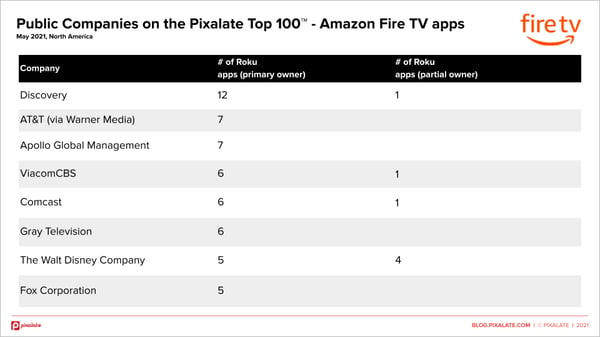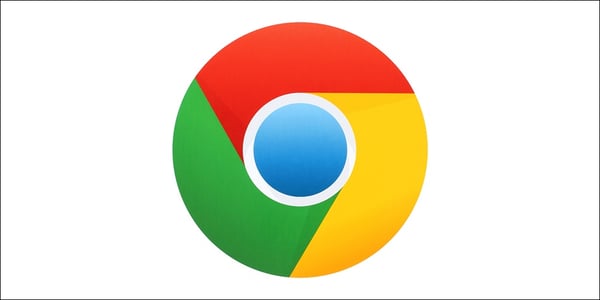
This week's review of ad fraud and quality in the digital advertising space.

Pixalate analyzed the CTV Publisher Trust Indexes regarding apps' ownership structure. "Among the top 100 apps for programmatic ad quality on Roku devices, 43 are owned by publicly traded companies. On the Amazon Fire TV app store, public companies own 73 of the top 100 apps in Pixalate’s May 2021 rankings in North America."
Find more information about ownership structure in the Pixalate Top 100™ here.

Pixalate spoke with Ivan Guzenko, Founder of SmartyAds, about combatting invalid traffic (IVT) and ad fraud within the rising Connected TV (TV) programmatic ad ecosystem.

"Google yesterday said it had delayed a plan to end support for a technology that advertisers use to track consumers as they visit the websites of publishers," wrote MediaPost. "The postponement will help to support the value of ad inventories, though publishers will still face pressures to develop other sources of revenue."

A range of international organizations consolidated forces to protest against "surveillance advertising." They object due to "background data processing that sucks in information about individuals as they browse and use services to create profiles, which are then used to determine which ads to serve," explains TechCrunch.

*By entering your email address and clicking Subscribe, you are agreeing to our Terms of Use and Privacy Policy.
These Stories on Weekly Recaps
*By entering your email address and clicking Subscribe, you are agreeing to our Terms of Use and Privacy Policy.

Disclaimer: The content of this page reflects Pixalate’s opinions with respect to the factors that Pixalate believes can be useful to the digital media industry. Any proprietary data shared is grounded in Pixalate’s proprietary technology and analytics, which Pixalate is continuously evaluating and updating. Any references to outside sources should not be construed as endorsements. Pixalate’s opinions are just that - opinion, not facts or guarantees.
Per the MRC, “'Fraud' is not intended to represent fraud as defined in various laws, statutes and ordinances or as conventionally used in U.S. Court or other legal proceedings, but rather a custom definition strictly for advertising measurement purposes. Also per the MRC, “‘Invalid Traffic’ is defined generally as traffic that does not meet certain ad serving quality or completeness criteria, or otherwise does not represent legitimate ad traffic that should be included in measurement counts. Among the reasons why ad traffic may be deemed invalid is it is a result of non-human traffic (spiders, bots, etc.), or activity designed to produce fraudulent traffic.”

